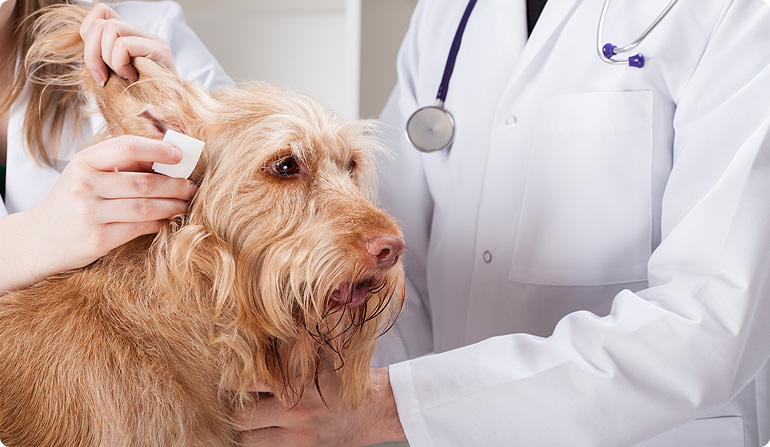A complete and balanced diet includes proteins, fats, carbohydrates, vitamins, and minerals. Water is also essential to life and is needed daily. This may seem very simple and easy with the basic ingredients broken down, but understanding how each nutrient is used in a dog’s body, understanding the processes, and knowing how much of each nutrient is needed for a healthy dog at all life stages is very complex.
Your pet may love to eat food fresh from your plate. But just because they like it doesn’t mean it’s good for them.
Cats and dogs have calorie needs that vary. For example:
A 10-pound cat needs about 200 calories a day.
A 50-pound dog needs 700 to 900 calories.
Larger dogs may eat 1,350 calories or more.
A balanced diet needs the following things to help keep your pet well.
Protein
Dogs tend to prefer foods high in protein. And cats are descended from hunters, so they’re natural carnivores.
Protein is important for cell growth, muscle repair, and general body maintenance.
Animal-based proteins have all the essential amino acids pets need, including:
-Arginine
-Methionine
-Histidine
-Phenylalanine
-Isoleucine
-Threonine
-Leucine
-Tryptophan
-Lysine
-Valine
-Taurine
Taurine is key for cats. They need it for their vision, hearts, and to be able to reproduce. Taurine is found only in animal-based proteins. A cat’s digestive system breaks down animal-based proteins and absorbs nutrients from them.
Fats and Energy
Dietary fats come from animal fats or the oils of a plant seed. They’re the biggest source of energy in your pet’s diet. Per gram, fats have more than twice as much energy as protein or carbohydrates.
They provide essential fatty acids, which a dog or cat’s body does not make on its own. Fatty acids, such as omega-3s, are needed to:
Keep skin and fur healthy
-Produce some types of hormones
-Absorb vitamins
-Insulate the body
-Protect organs


